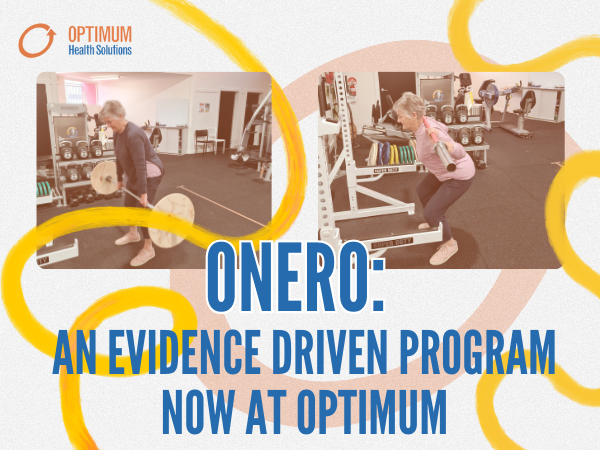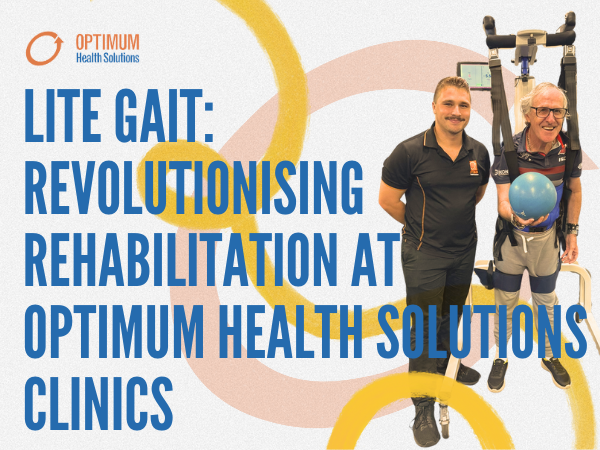I’m amazed at how many people, when asked how many exercise sessions they completed this week, respond with, “Well, I walked around the shops the other day. Does that count as exercise?”
As I try to pick myself up off the floor in a state of shock, my diplomatic response is always, “You may count this towards your incidental exercise goal of achieving 10,000 steps per day. However, you may not count this towards your weekly planned exercise goal.”
The reason, whilst obvious to some, is clearly not evident to many people. It all comes down to exercise intensity – i.e. how hard you are exercising.
Walking is a good type of cardiovascular exercise. However like any form of exercise, a desired intensity (measured by heart rate) needs to be met, to positively affect cardiovascular fitness and calorie burning, to assist with weight loss (if this is an individual’s goal).
Generally speaking, a heart rate between 60 and 80% of an individual’s maximum is recommended to improve aerobic fitness and to start to burn body fat. Maximum heart rate is calculated as 220 minus the individual’s age e.g. for a 30 year old this would work out to be 190.
For a 30 year old individual, 60-80% of their maximum heart rate would equate to 114-152. This heart rate needs to be maintained for a minimum of 30 minutes. There’s no doubt that this heart rate would never be reached, let alone held for 30 minutes, whilst walking around the shops.
Walking around the shops however, can be counted towards “incidental exercise”. This form of exercise can be as important as planned exercise. It is often the “missing link” towards achieving a weight loss goal. Completing 2 gym sessions per week, whilst sitting at a desk 10 hours per day, is often not enough to achieve results.
The recommended gold standard for incidental exercise is 10,000 steps per day, which can be achieved by generally moving more throughout the day. Take the stairs instead of the lift. Walk to the local shops instead of driving. Take the kids to the park and play with them, as opposed to letting them play video games at home.
To measure this, a pedometer may be a worthwhile investment.
Your Optimum Exercise Physiologist can talk to you about our “Sense Wear technology,” which measures sleep patterns and planned exercise intensity.
Your Optimum Exercise Physiologist can also design a specific planned exercise program for you, with an intensity and frequency goal, as well as an incidental exercise goal which is tailored towards achieving your personal health and fitness goals.
So, I hope that you will never again ask the question, “Does walking around the shops count as exercise?!”








